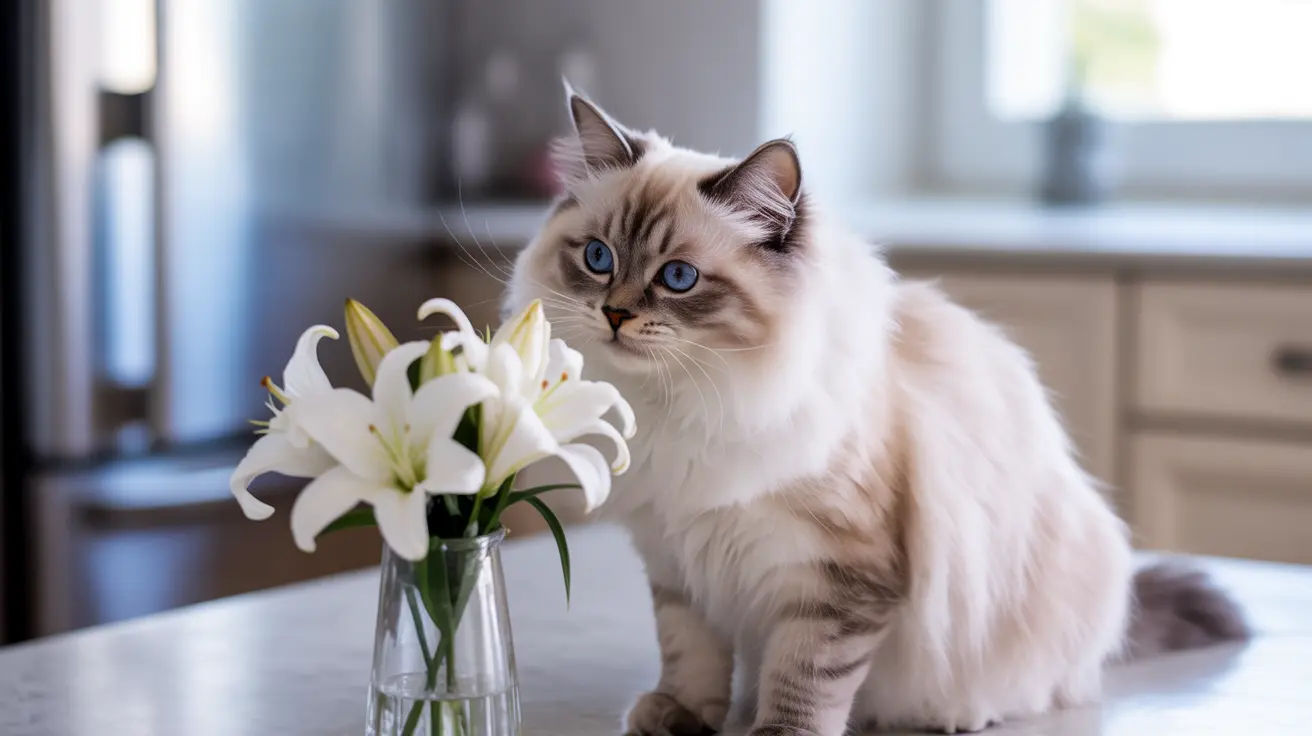As cat owners, understanding potential life-threatening dangers is crucial for protecting our feline companions. Some natural substances and conditions can prove fatal to cats within just 30 minutes, making immediate recognition and response essential for survival. This comprehensive guide explores these rapid-onset threats and provides critical information for prevention and emergency response.
Immediate Life-Threatening Dangers to Cats
Several natural circumstances can cause fatal outcomes in cats within a remarkably short timeframe. Understanding these risks is the first step in preventing tragedy.
Severe Temperature-Related Emergencies
Heatstroke stands out as one of the most rapid killers of cats, potentially causing death within 15-30 minutes in extreme conditions. Cars parked in sun, enclosed spaces without ventilation, or excessive exercise in hot weather can quickly lead to fatal temperature elevation. Signs include excessive panting, drooling, and collapse.
Toxic Plant Exposure
Certain plants pose immediate dangers to cats, with lilies being particularly lethal. Even minor exposure to lily pollen or water from lily vases can trigger severe kidney failure within hours. Other toxic plants include sago palms and certain varieties of houseplants common in many homes.
Common Household Threats
Everyday items in our homes can pose severe risks to cats, often leading to rapid deterioration if ingested or contacted.
Chemical Toxins
Antifreeze (ethylene glycol) ranks among the deadliest household substances for cats. As little as one teaspoon can cause fatal kidney failure, with death possible within 30 minutes to a few hours after ingestion. The sweet taste makes it particularly attractive to cats, increasing risk of exposure.
Medication Exposure
Common human medications can prove rapidly fatal to cats. Even a single tablet of acetaminophen can cause severe liver damage and death within hours. Never give human medications to cats without veterinary approval.
Medical Emergencies and Natural Conditions
Several medical conditions can cause rapid death in cats if not immediately addressed.
Anaphylactic Shock
Severe allergic reactions from insect stings or medications can cause death within minutes due to respiratory failure. Signs include sudden collapse, difficulty breathing, and pale gums.
Acute Cardiac Events
Cats with underlying heart conditions may experience sudden cardiac failure, leading to death within minutes. This is particularly common in cats with hypertrophic cardiomyopathy, which often shows no prior symptoms.
Prevention and Emergency Response
Understanding prevention strategies and knowing how to respond in emergencies can make the difference between life and death.
Essential Safety Measures
- Keep toxic plants out of your home
- Store chemicals securely
- Monitor outdoor temperatures
- Keep emergency vet contact information readily available
- Consider pet insurance for emergency care
Frequently Asked Questions
What natural substances can kill a cat within 30 minutes?
Extreme heat leading to heatstroke, certain toxic plants (especially lilies), and large amounts of antifreeze can potentially kill a cat within 30 minutes to a few hours. Severe allergic reactions to natural substances can also cause death within this timeframe.
How quickly can antifreeze poisoning cause death in cats?
Antifreeze poisoning can cause death in cats within 30 minutes to a few hours after ingestion, depending on the amount consumed. Even small amounts can be lethal, and immediate veterinary care is essential for survival.
What are the signs of heatstroke in cats and how fast can it be fatal?
Signs of heatstroke include excessive panting, drooling, vomiting, and collapse. Death can occur within 15-30 minutes in extreme conditions, particularly in enclosed spaces like hot cars.
Which common household plants are deadly to cats if ingested?
Lilies are extremely toxic to cats, along with sago palms, azaleas, and certain houseplants. Even small amounts of lily pollen or water from lily vases can cause fatal kidney failure.
How should I respond if I suspect my cat has been poisoned naturally and is deteriorating fast?
Immediately contact an emergency veterinarian. Do not wait for symptoms to worsen. If possible, bring a sample of the suspected toxin or plant. During transport, keep your cat calm and warm, but do not attempt home treatments without veterinary guidance.
Being aware of these potential dangers and taking preventive measures can help ensure your cat's safety. When in doubt, always err on the side of caution and seek immediate veterinary care if you suspect exposure to any of these hazards.






